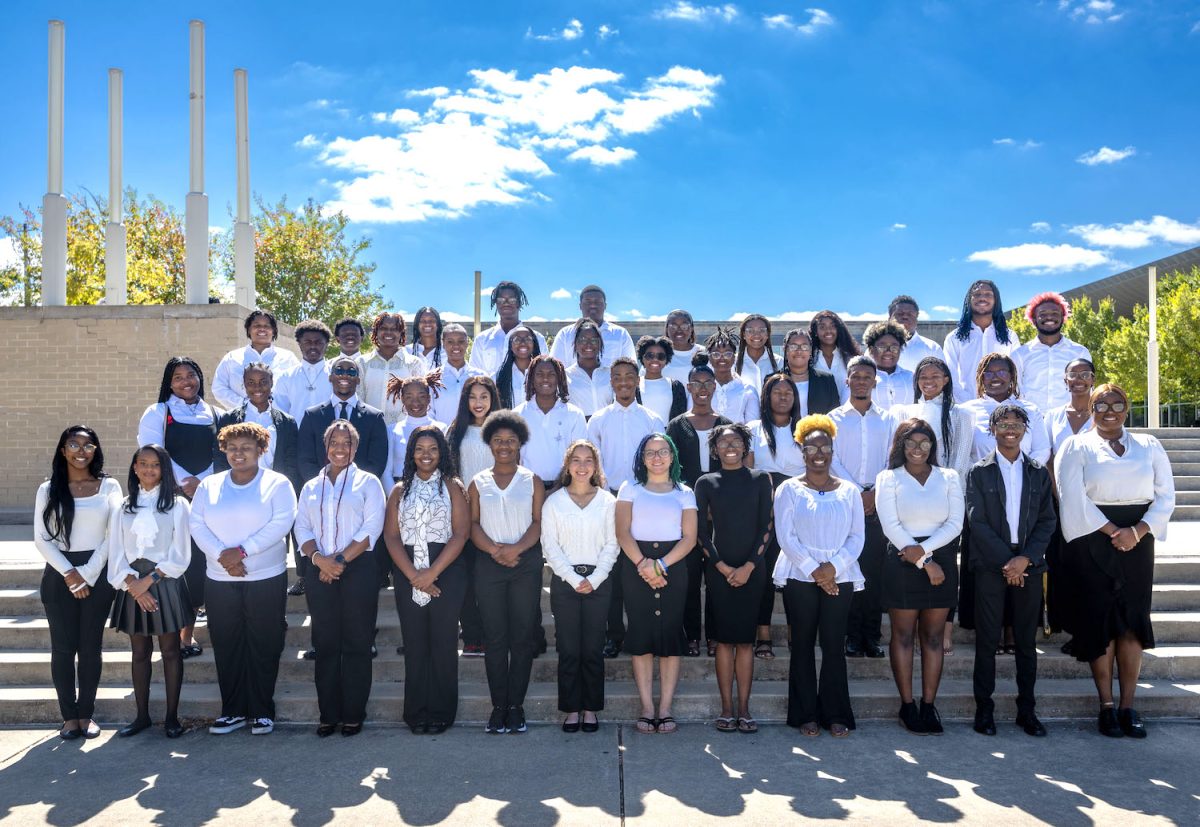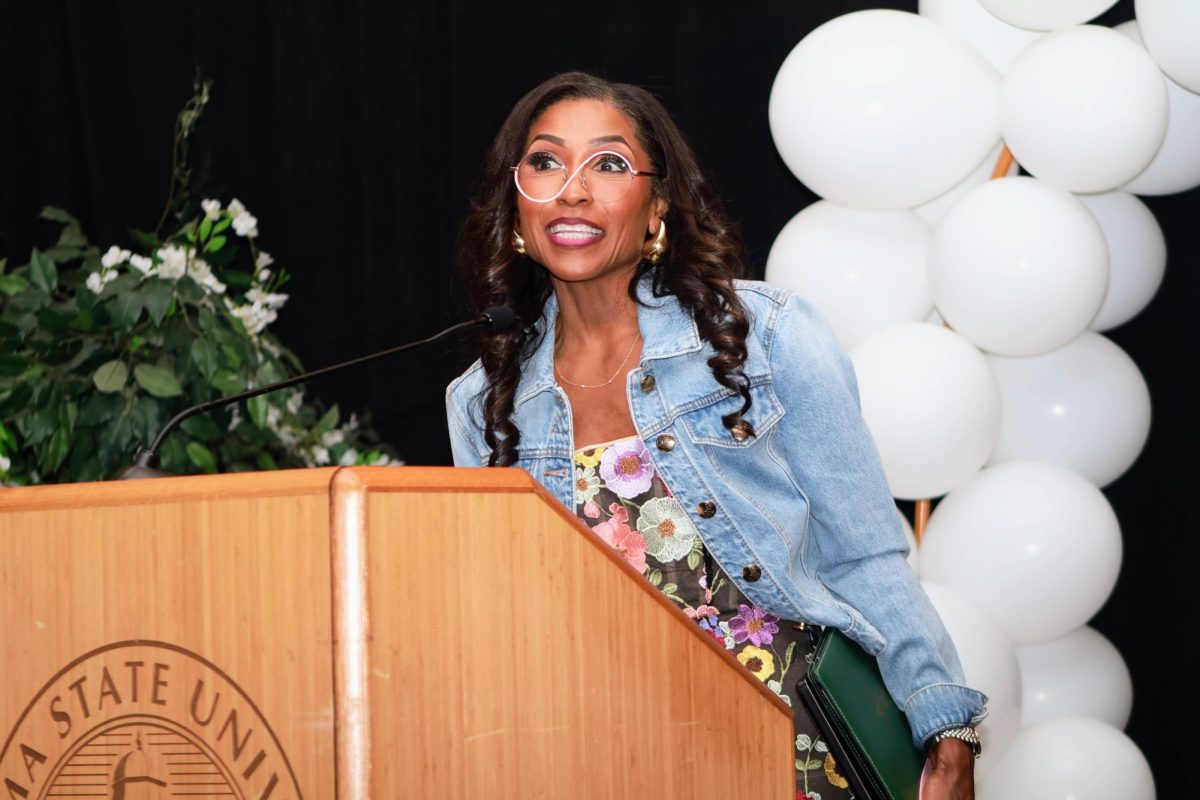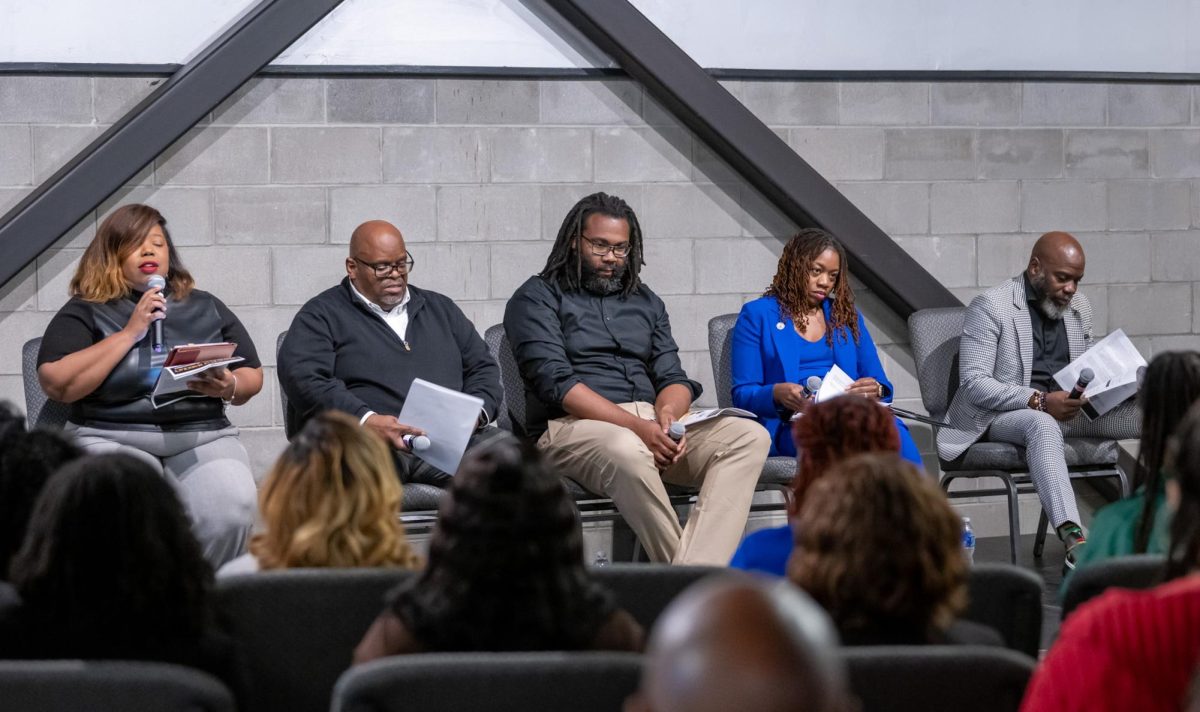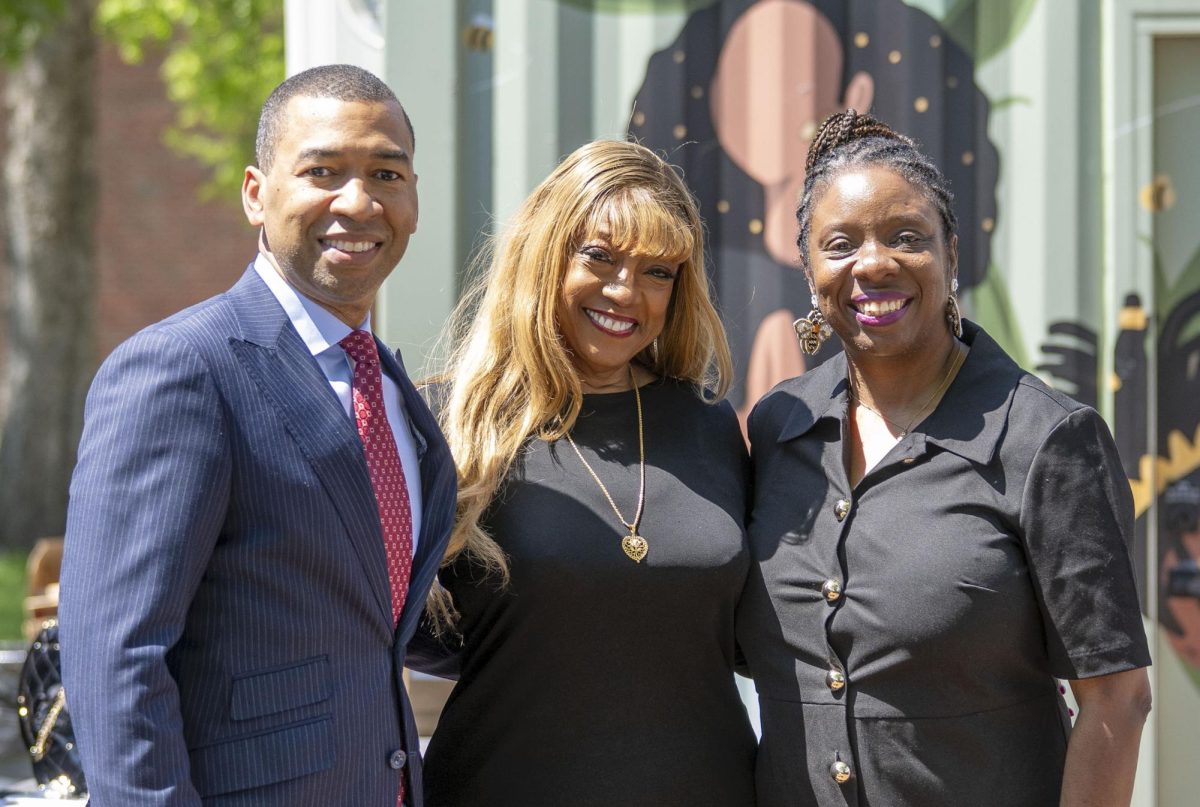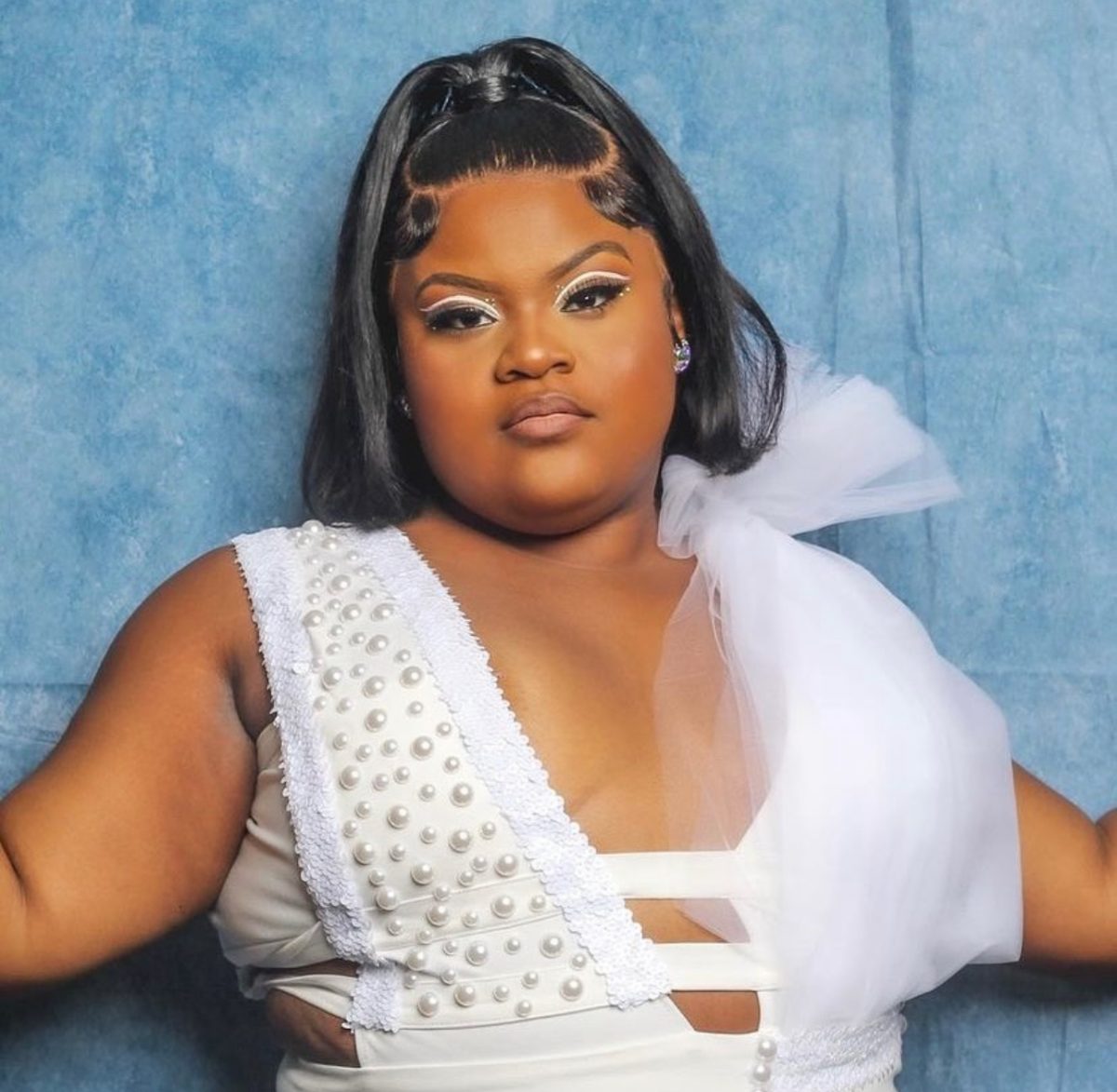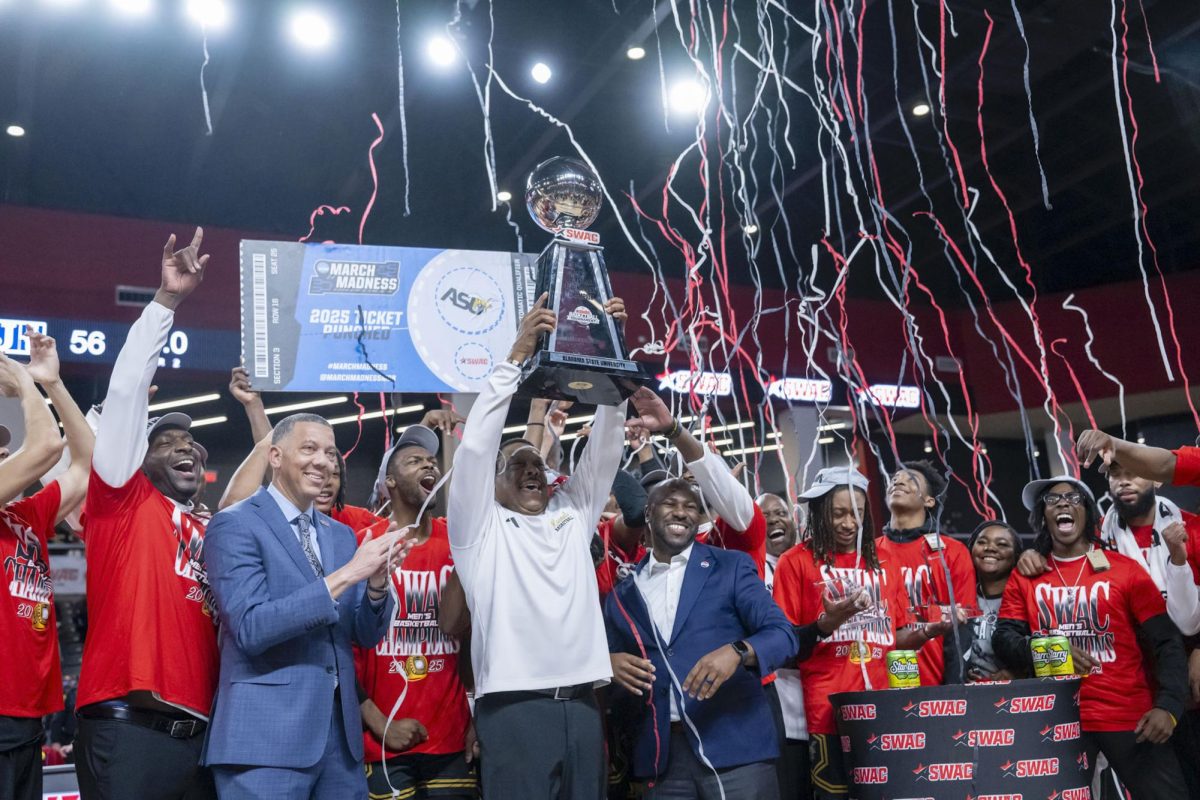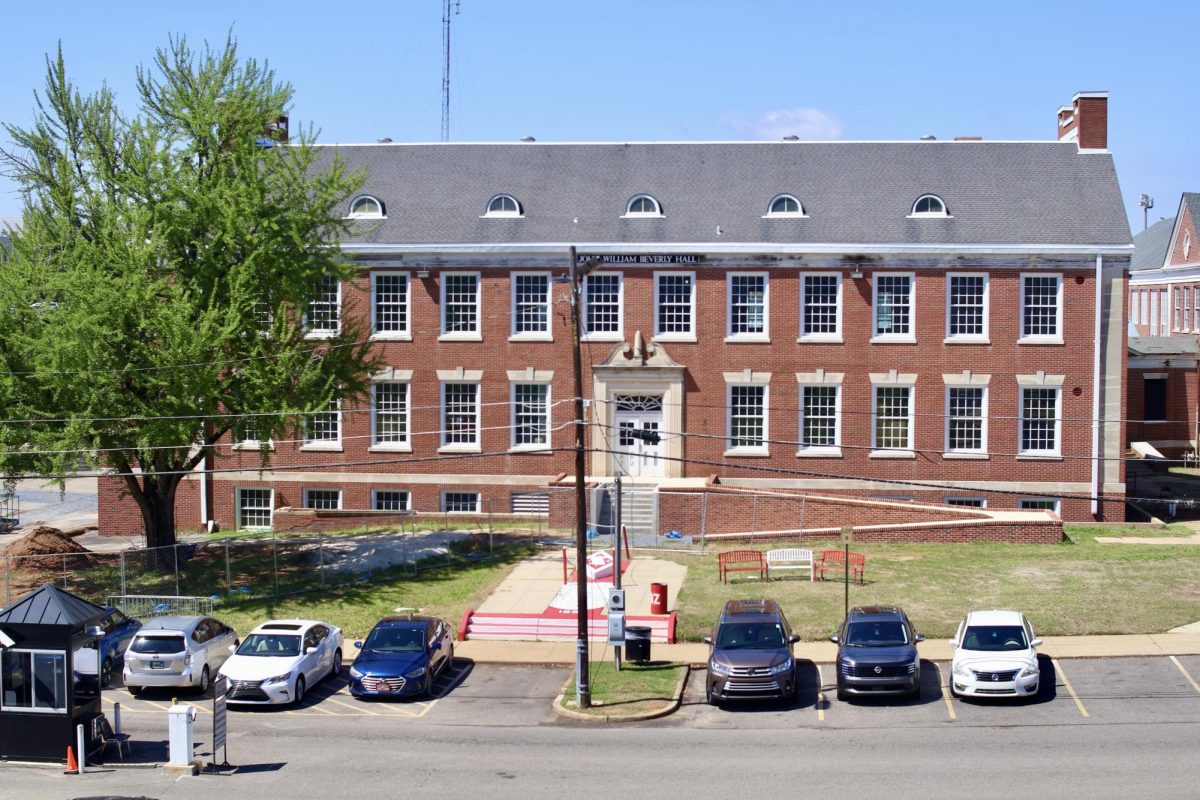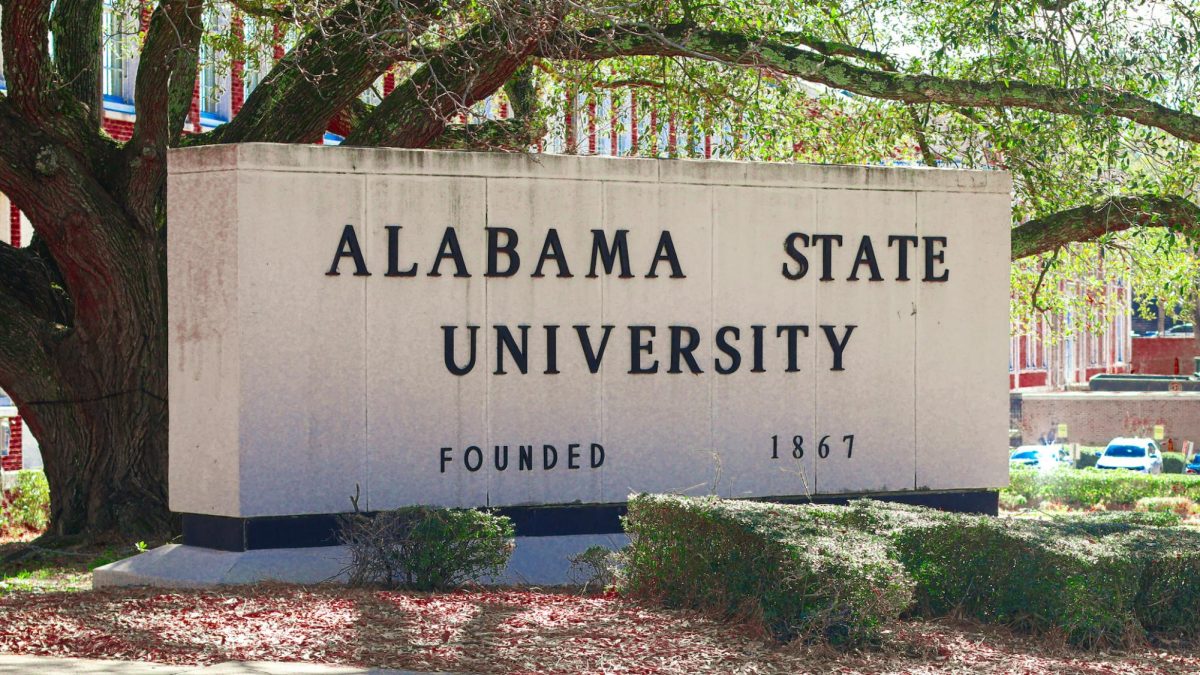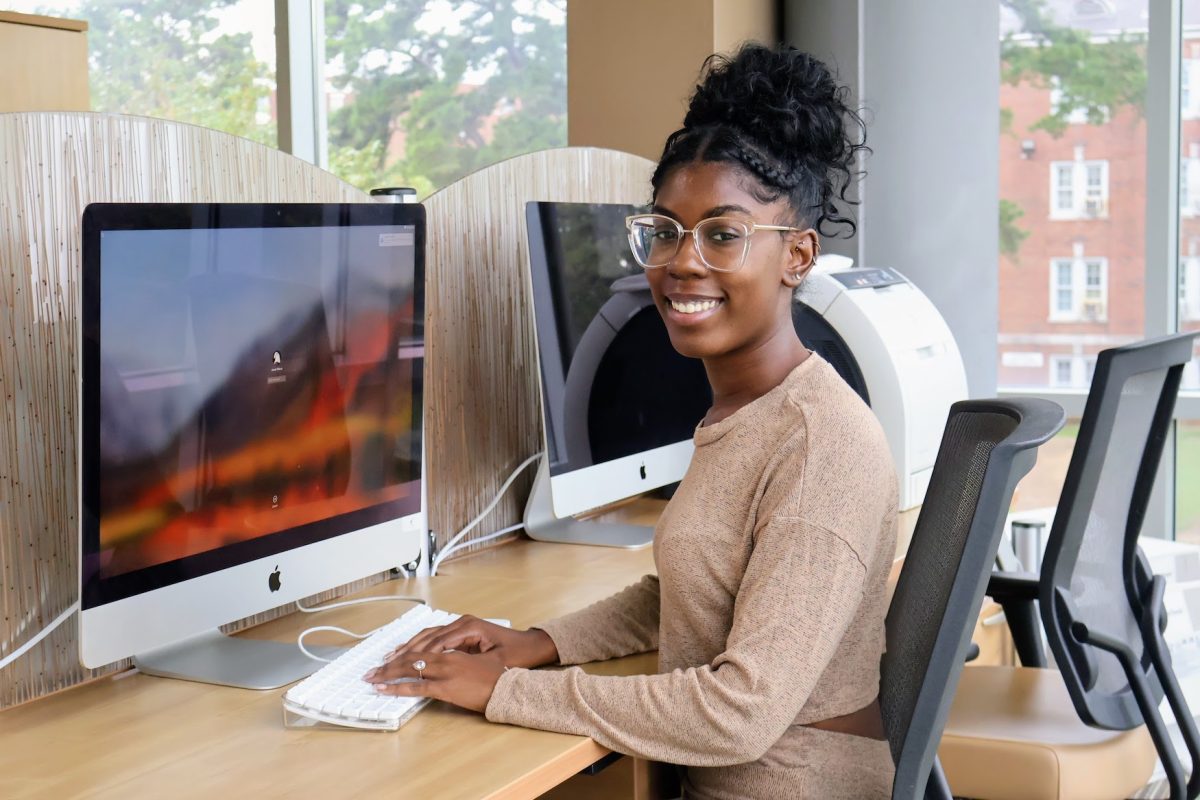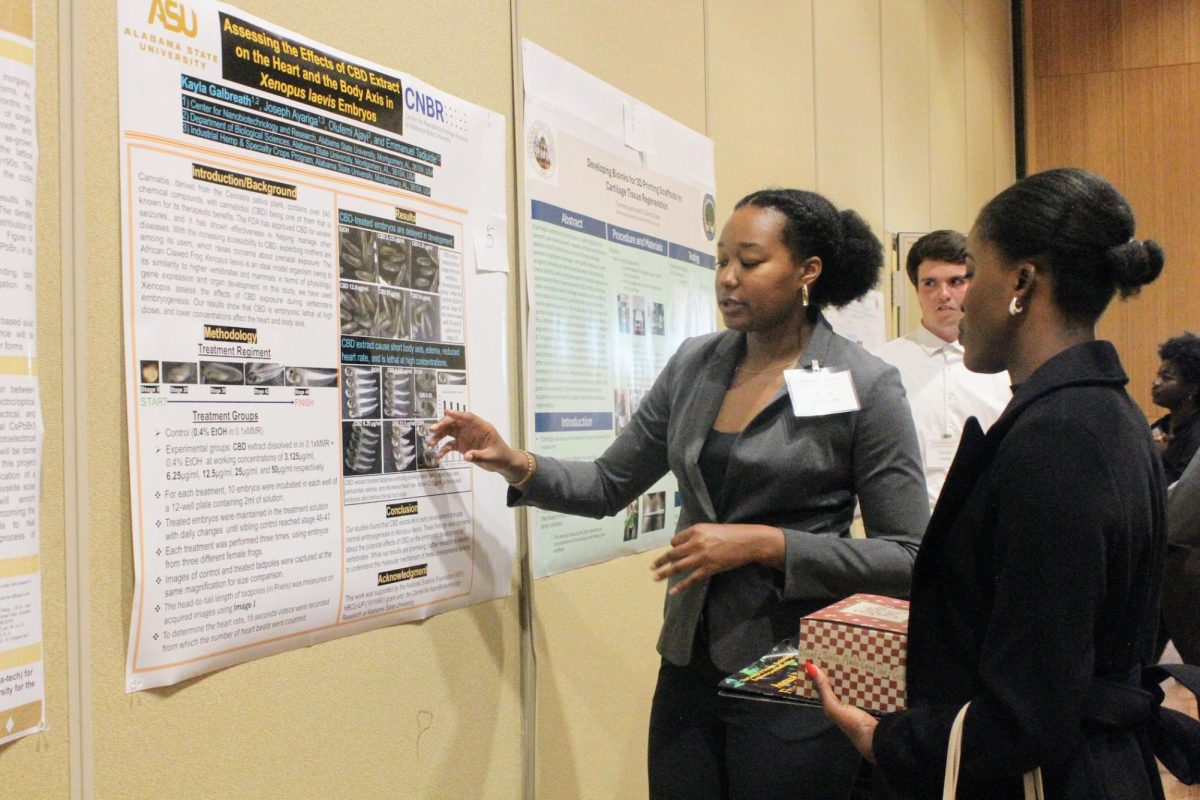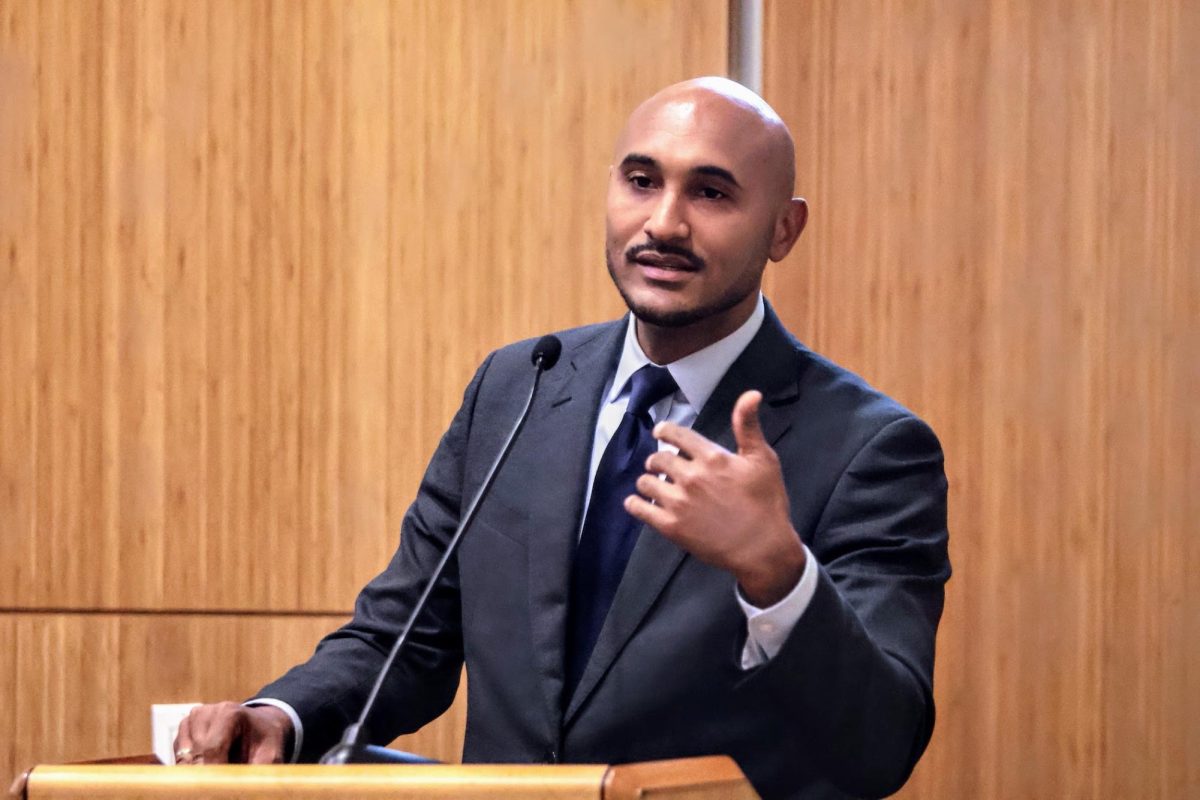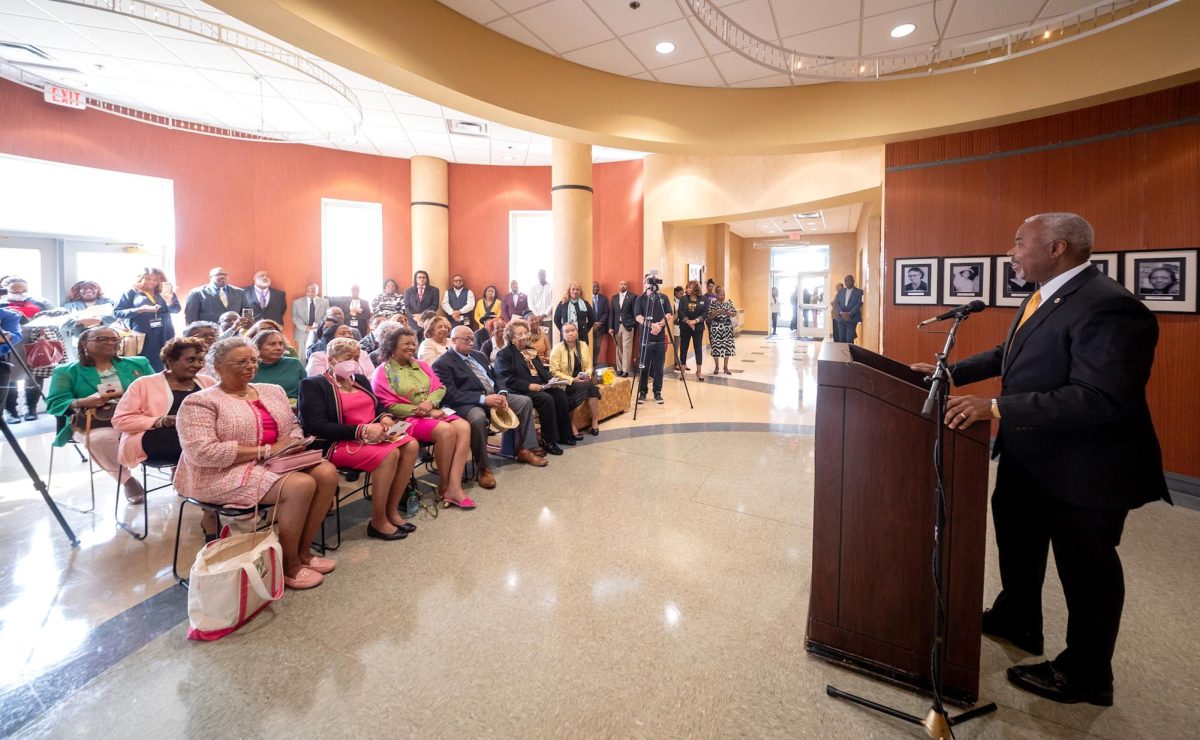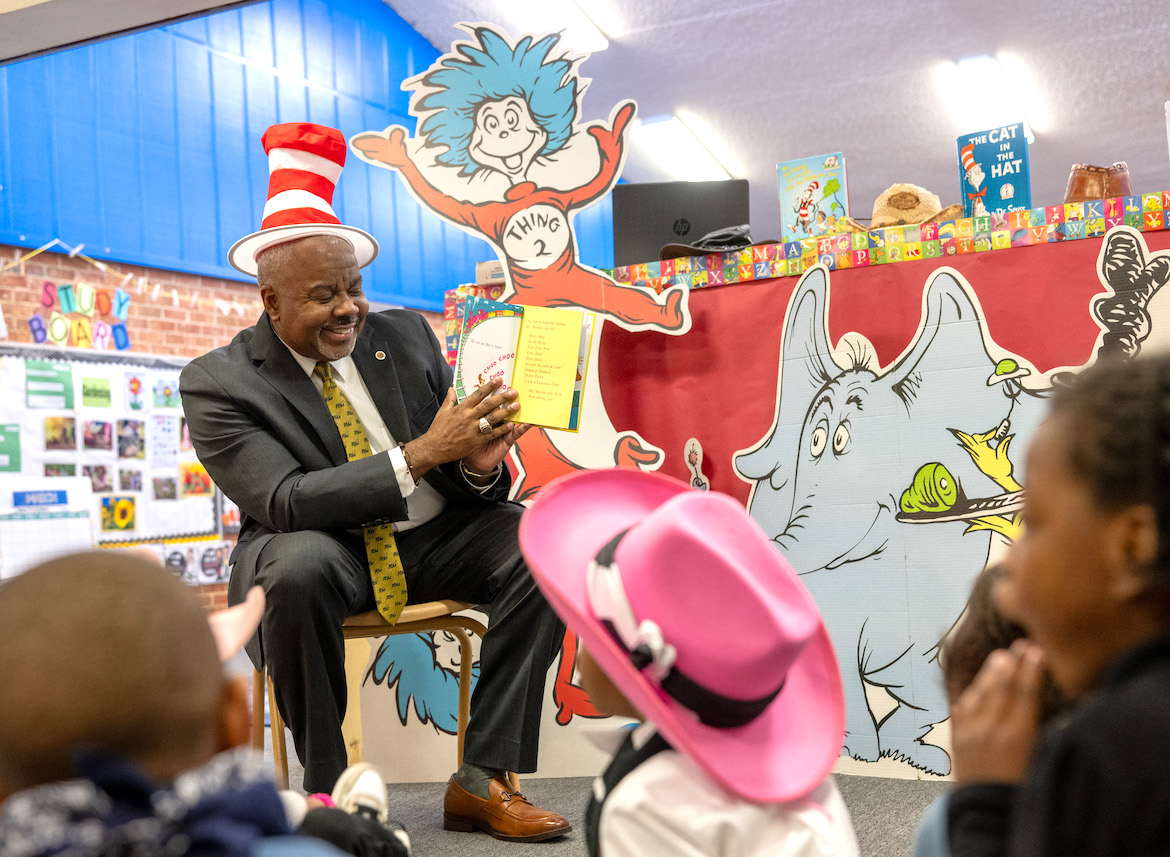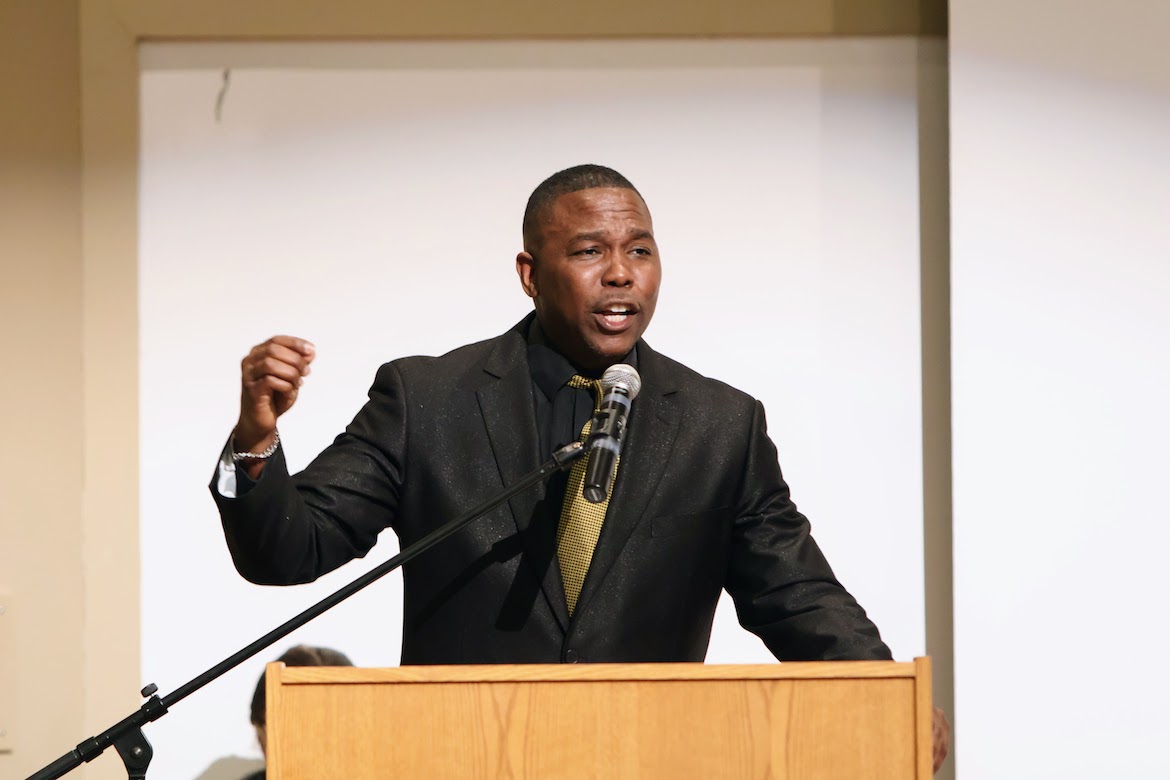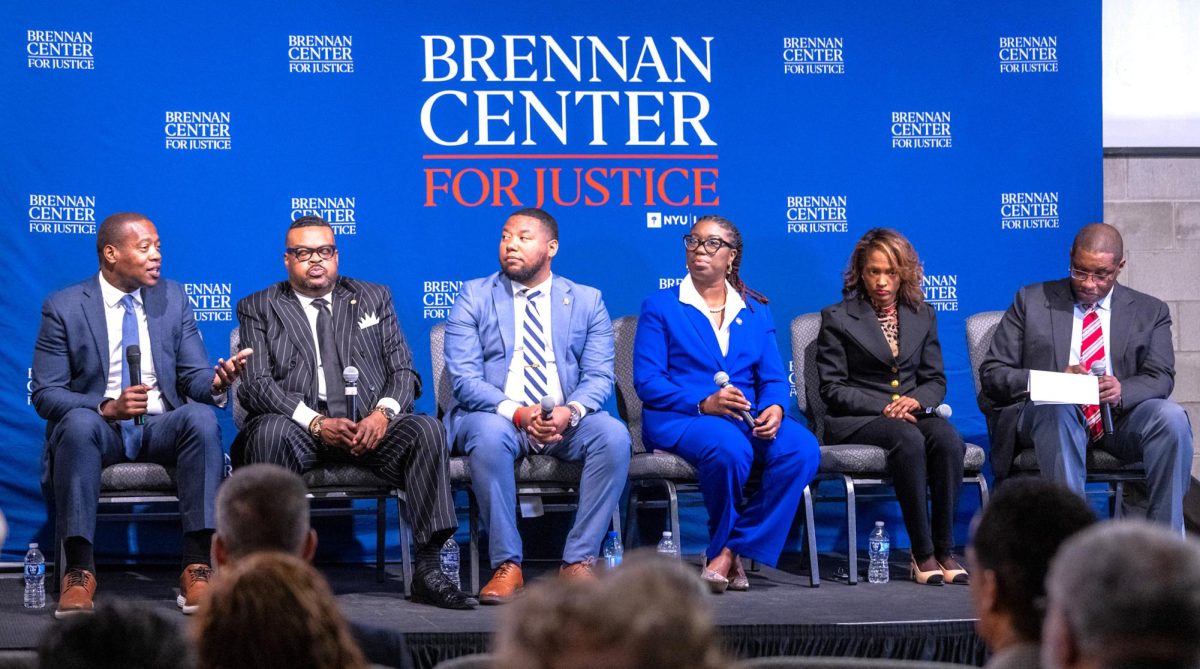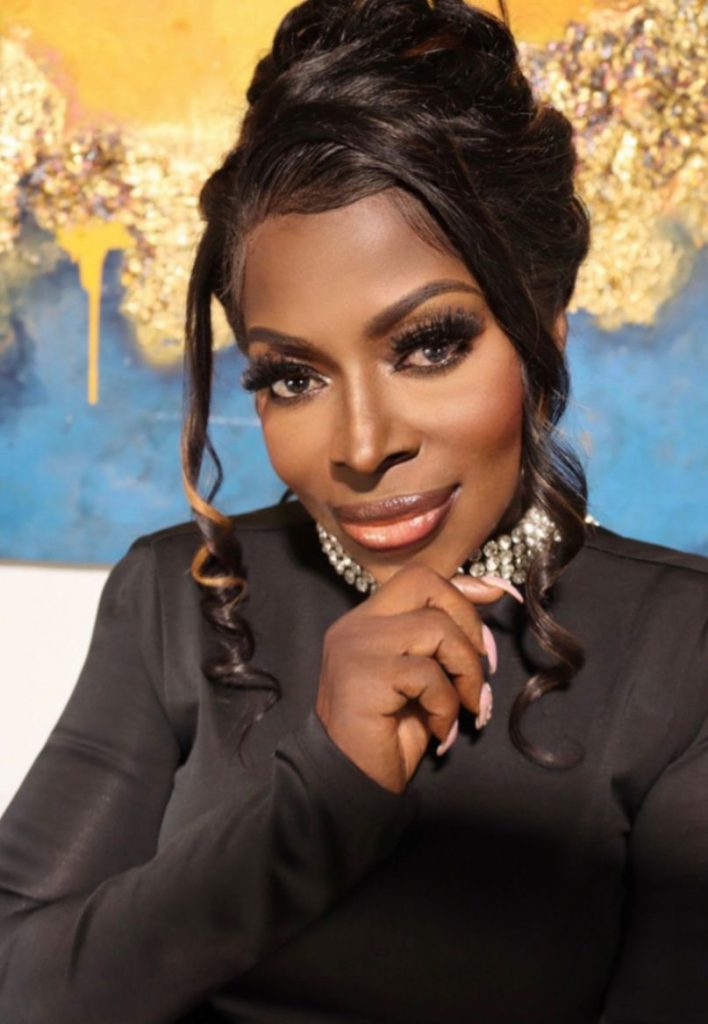The official student newspaper of Alabama State University, The Hornet Tribune, found itself in an interesting position this fall.
After winning regional and national awards for the past two years, the staff did not possess anyone who had enough knowledge and experience to serve as the executive editor for this year.
“We had five students returning who were members of the staff last year: Denise Ringo, Phyllis Turnipseed, Maya McCord, Harold Cannon and Kyra Rogers. Three of them had served as reporters/writers, and the other two as photographers, but none had the managerial experience that a position like executive editor requires,” Kenneth A. Dean, general manager said.
He continues.
“The executive editor must be the most knowledgeable, most experienced, energetic and balanced individual on the staff. He or she must understand the power of the First Amendment of the U.S. Constitution and not be hesitant to tackle an issue that needs to be reported. Those qualities take time to develop, not to mention that he or she has to be respected by the other staff members as an editorial leader.”
Dean said because none of the staff currently possessed those qualifications, he had to conduct intensive training and recruitment.
“I recruited about eight students over the summer months, but once classes started, I started sending emails to students on and off the campus to see if there was any real interest in becoming members of the staff,” Dean said. “To my surprise, a number of students were interested, and as of date, we have about 40 active students on staff.”
He continued.
“So I placed the returning staff members in key spots to ensure that we had good structure. I then added Justin Freeman and Jahzara Veasey as our managerial photographers since they sent excellent high school portofolios of their work. I was also fortunate to identify and hire a fantastic copy editor, Katelyn Brown, and a very conscientious general assignment editor, Kennede Threadgill. Once these people were in place, we were able to get started, despite not having an executive editor.”
Dean said that after hiring these students and placing them in the more critical positions, the staff began to increase significantly, and with the increase came more training.”
“Selecting a new executive editor is always challenging, especially since we are the oldest Black college newspapers in the country,” Dean said. “We are also the oldest student tradition still operating at the university, so the careful selection of an executive editor is a big deal for us.”
The Hornet Tribune has a rich history that dates back 140 years. The history of the paper begins with the second president of Alabama State University – William Burns Paterson.
“We know that the origin of our student newspaper started with our first president, William B. Paterson, but President Harper Councill Trenholm, Ph.D., is the one who decided that it would be called the State Normal Courier and be published with consistency,” Dean said. “He got the ball rolling, and in 1962, after a few name changes, the newspaper officially became The Hornet Tribune and is now a weekly newspaper.”
Dean said when he took over in 1990, the newsroom had one desk and two typewriters. Thirty three years later, The Hornet Tribune has grown tremendously, and he believes that while people feel newspapers are becoming artifacts, reporters/writers, designers and editors will always be around.
“People will still be writing stories whether it be on the internet or in print … I just think we’re in more of a digital age right now, but the skill demand is the same.”
To complement Gen Z and the digital age, Dean organized the staff into different divisions in order to attract students from various majors. These divisions include the digital and interactive, standards, ethics and quality control, editorial operations, presentation and design, general assignments and recruitment, and visual and multimedia.
“If you like computers, social media and podcasting, you might want to work in the digital and interactive media division,” Dean said. “If you like taking photos and videos, you might want to work in the visual and multimedia division. If you are an English buff and like to correct errors, you might want to work in the standards and quality control division, and if you like to report or write, you may want to work in the editorial operations division.”
Students who currently work on the staff joined the staff for a variety of reasons.
Takala Brown, a first-year opinion writer for The Hornet Tribune, said “Working for The Hornet Tribune will benefit me in the future because it will help me become a better writer … One day, I want to write books or short stories on Kindle.”
On the other hand, Chioma Kalu, a junior psychology major and quality control editor, said, “I have come to understand different viewpoints on various topics … It will also be a tremendous addition to my resume and set me up for a copy editing job in the future.”
De’Austin Clayton, a first-year student and staff photographer, said, “It will help me in the future because I am learning how to take better pictures and interact with people.”
There are other staff members who are working on The Hornet Tribune for self-improvement.
One of those students is Phyllis Turnipseed, a sophomore and senior reporter/writer. She said that she is learning the field of communications by actually working in the field now.
“I have learned how to format stories, the basic elements of a news article, effective interviewing and what it takes to be a good journalist,” she said. “Being a part of this staff has really improved my writing skills and learning the basics of becoming a journalist.”
Dense Ringo, a junior communications major and two-year veteran of the staff, agreed.
“Yes, it [The Hornet Tribune], is something that keeps me productive and helps utilize my skills well.
She continued.
“I have always been a good writer, but this opportunity has awarded me the ability to get better at news writing, with the skills that I am learning working with The Hornet Tribune.”
Veasey, a first-year biomedical engineering major, agrees.
“My skills are definitely getting better,” she said. “Mr. Dean is not a person to beat around the bush. If he gives you something, you know that you deserve it, and I was selected as the chief photographer, so it shows me that I am working towards my goal of becoming a better photographer and achieving it.”
She continued.
“I love working on The Hornet Tribune because I have been getting so much exposure. I am not a very social person, it [The Hornet Tribune] forces me to be more social and be able to talk and interact with people. I have met a lot of friends and colleagues through this opportunity, and it is only my first year.”
Dean explains that whoever becomes the next executive editor will be most likely selected from within because they have to understand the infrastructure of the staff and understand the chemistry of the individual staff members.
“What we do here is very important because it helps students to understand how their university operates, as well as current events occuring all over the world,” he said. “That is why we are working very hard this year to ensure that our website and social media is interactive and updated. Amber Mitchell, James Stewart and Dominique Pettway are working very hard to ensure that our students look to The Hornet Tribune for news first before looking at any other agency.”
Dean believes that adding a media advertising and marketing division to the staff will increase revenue and staff members.
“It would be great if we could work with the department of communications and the College of Business to allow some of their strategic communication majors and marketing majors, respectively, so that we could work on setting up a media advertising and marketing division,” he said. “If this were made a reality, The Hornet Tribune would could earn revenue and purchase equipment and training materials like many of the predominantly white institutions in the state.”
“Whoever the student media board selects as the next executive editor will be challenged in many different areas,” Dean said, “and we want to make sure that the individual is properly trained for the tasks that lie ahead.”


